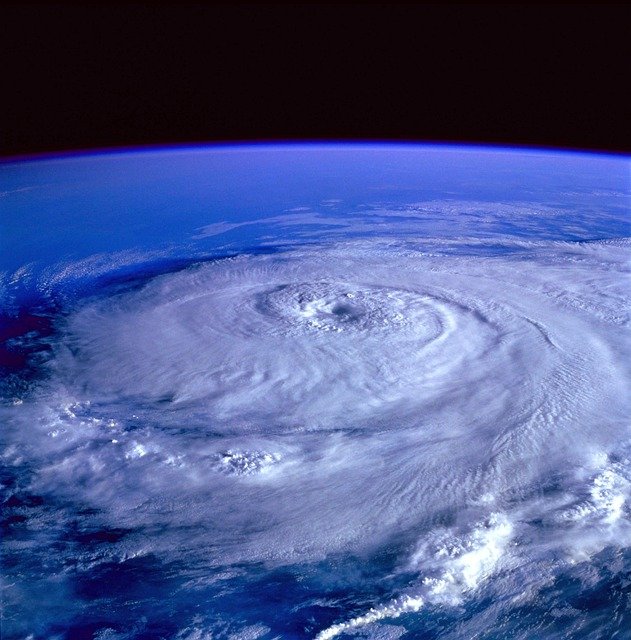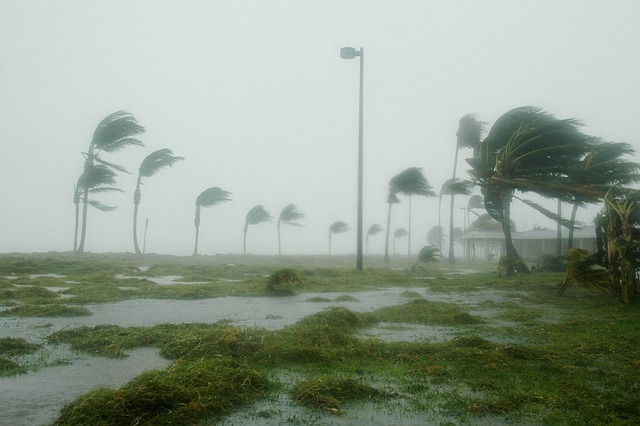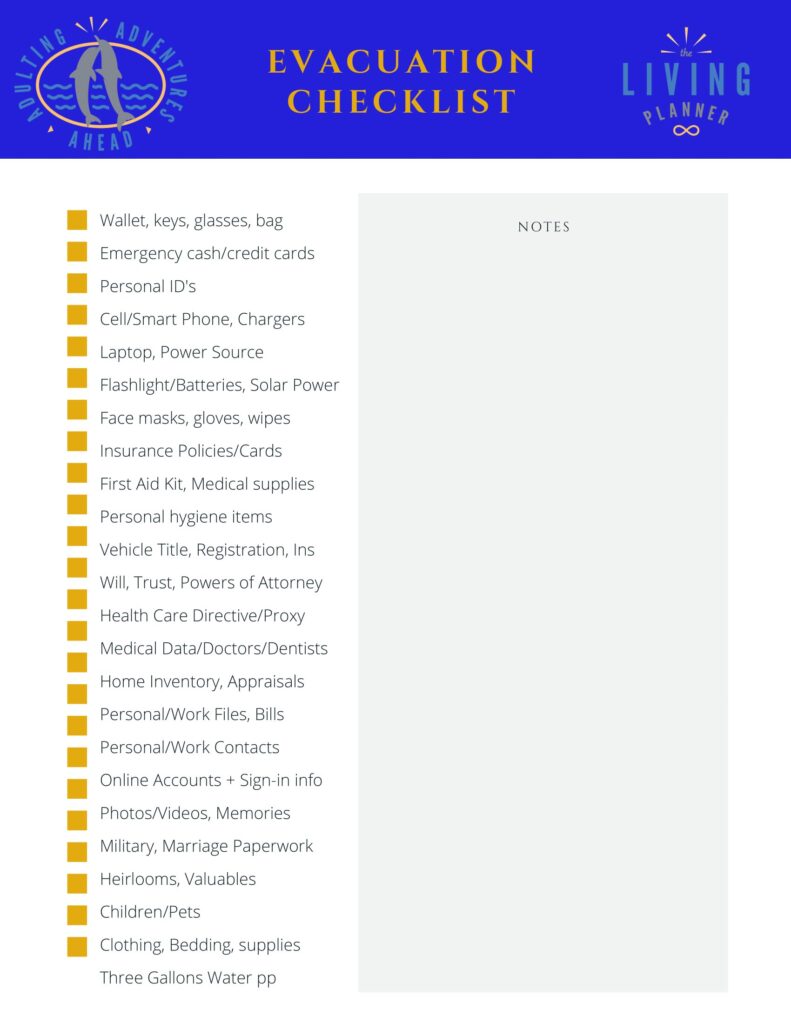September is preparedness month. And with the month we’re having, it’s a good time to review the basics.
Hurricane Fiona caused devastation from Puerto Rico to Nova Scotia, Newfoundland and Labrador in Canada. Tropical Storm Ian’s formation has necessitated a state wide emergency declaration as they wait to determine the expected hurricane’s impact within the state.
Any type of natural disaster involves planning and preparation. Tropical Storms and Hurricanes have unique circumstances to highlight the need for waterproof bags and supplies. Window coverings such as hurricane shutters are a necessity.

WHY DISASTER PREPAREDNESS MONTH IS IMPORTANT
It reminds us to always be ready
Disaster Preparedness Month reminds us to always be alert and ready when disaster strikes. Because disasters tend to be unpredictable, it always helps to spend a few moments of your day formulating plans and preventive measures to ensure that you’ll weather the event safely.
It improves our disaster preparation skills
The month-long campaign pushes us to be thorough in our emergency planning. By working out a clear, proper plan beforehand including identifying the necessary supplies, shelters, and relief organizations, you are sharpening your ability to prepare for future disasters, which will benefit everyone in your home.
The month helps us approach disasters in a calmer manner
Having clear plans and identifying the supplies, relief organizations, and shelters needed to weather the disaster, can help reduce fear and anxiety during evacuation so that the process would not become chaotic and messy. Panic tends to exacerbate disaster outcomes, so always remember to keep yourself as collected as possible.

HOW TO OBSERVE DISASTER PREPAREDNESS MONTH
Create emergency plans
It is important to formulate emergency plans that can be put into action when disaster strikes. Such measures can include deciding on specific meeting points to evacuate to in case communication lines are compromised or having a list of emergency contacts.
Prepare emergency kits
You must ensure that the members of your household have adequate food, water, and medical supplies to weather a disaster. Identify the necessary measures and objects that are crucial to your survival and collect or list them so that when the time comes, you are well stocked.
Keep up to date
Pay attention to news updates and alerts regarding potential natural disasters or such hazards in your area. This can help you prepare thoroughly for when the event occurs and can help you evacuate and handle the situation safely.

Unique Things to Consider
During any natural disaster, it is important to have the items I list above. Have a few extra thoughts for your consideration to add here.
- Know potential evacuation routes. This is important. Depending on the track of the storm, fire + your normal route may be blocked
- Implement your communication plan
- Pack extra batteries for your flashlight and your phones – who knows how long power will be out
- Keep your gas tank filled above 1/2 if possible
- Have cash on hand, just in case power outages impact ATM’s and/or payment systems
- If you have animals small enough to travel in the car, pack water and food for them too
- Should you have large animals that require trailers for movement, source equipment and shelters for them too
Evacuate when your area is under evacuation orders. Wait for the “all clear” before you return home. The emergency teams want to ensure your safety.
Are you ready to practice for a dry run? Let’s get you and your loved ones ready. Pop me a note: Lynn@thelivingplanner.com or call/text my office +1951.400.5966.
If you’d like general information about what I do and why I do it, my website is: https://thelivingplanner.com and my online courses/resources will give you an idea of what I offer to assist people, pets and businesses here: https://courses.thelivingplanner.com
Read this quote by Napoleon Hill “First comes thought; then organization of that thought, into ideas and plans; then transformation of those plans into reality.” We can do this 💗 –Lynn
LifeHacks #CareForPeopleCareForBusiness
